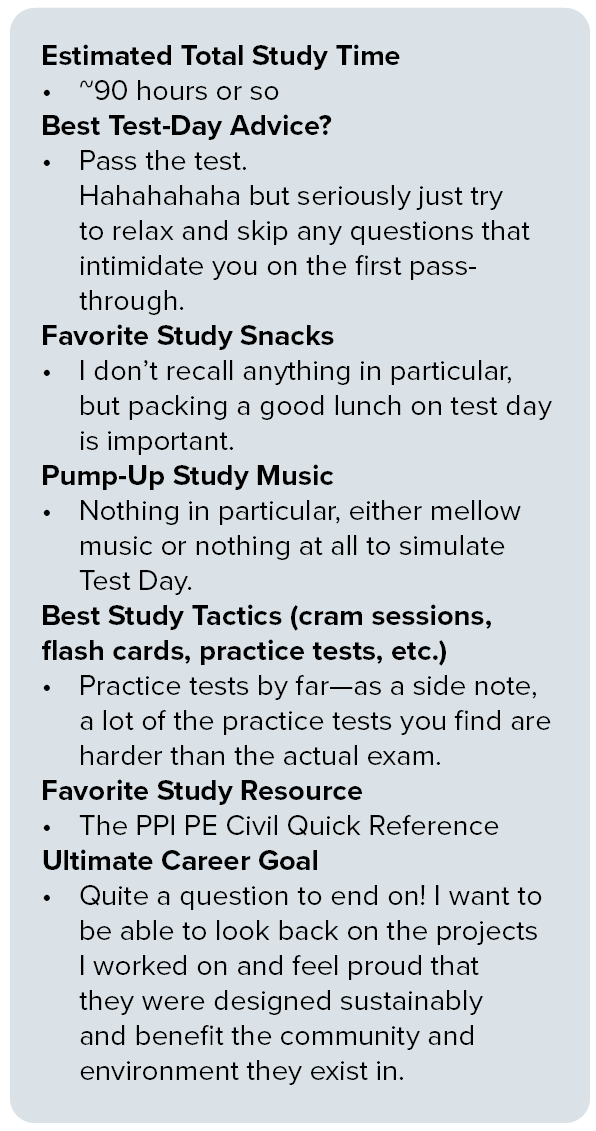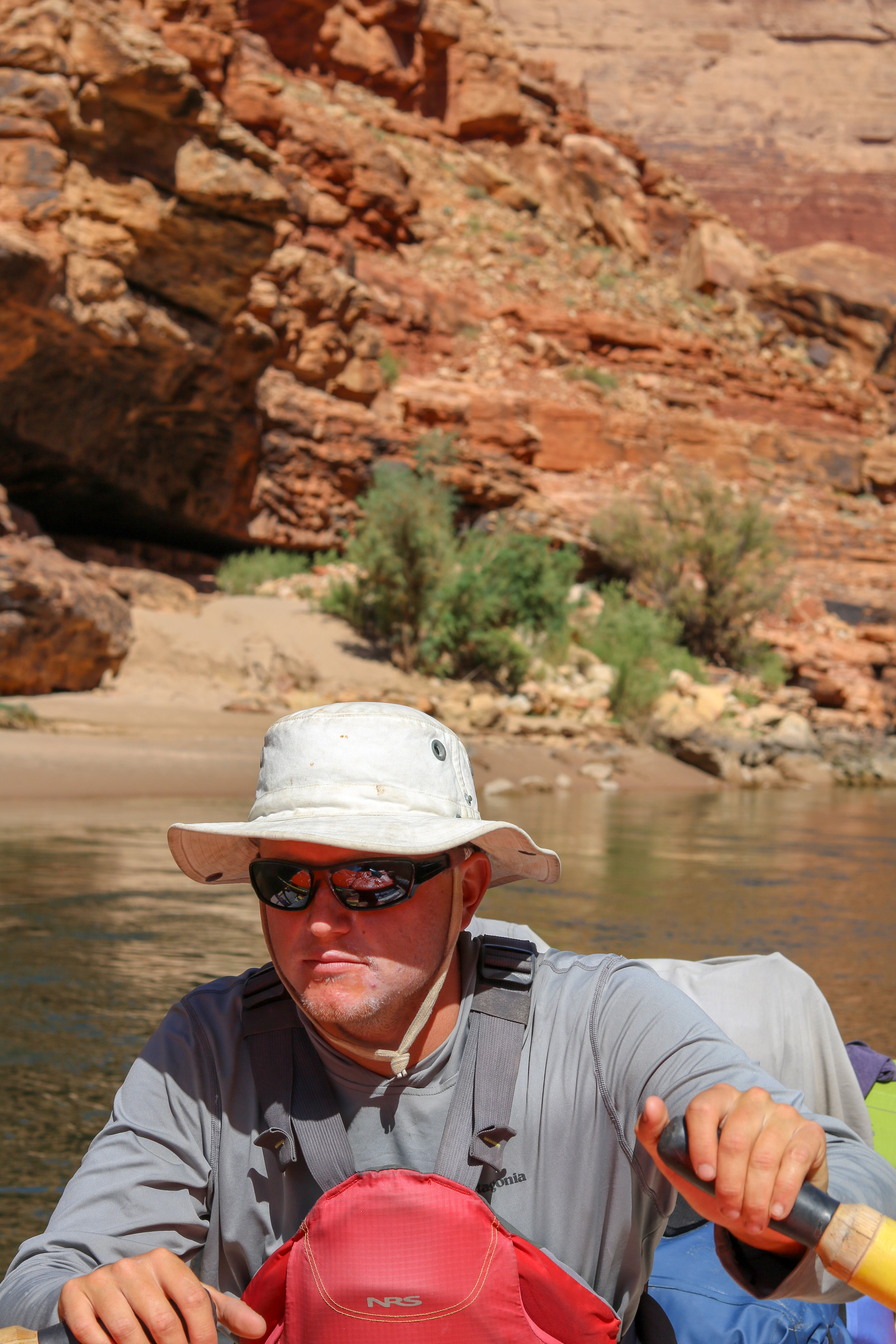One of the new picnic shelters in use.
King County recently held a celebration to mark the end of the Lower Russell Levee Setback Project and the reopening of City of Kent’s Van Doren’s Landing Park. Principal Geotechnical Engineer Henry H. Haselton, who served as Aspect’s project manager on the project, was in attendance at the culminating event.
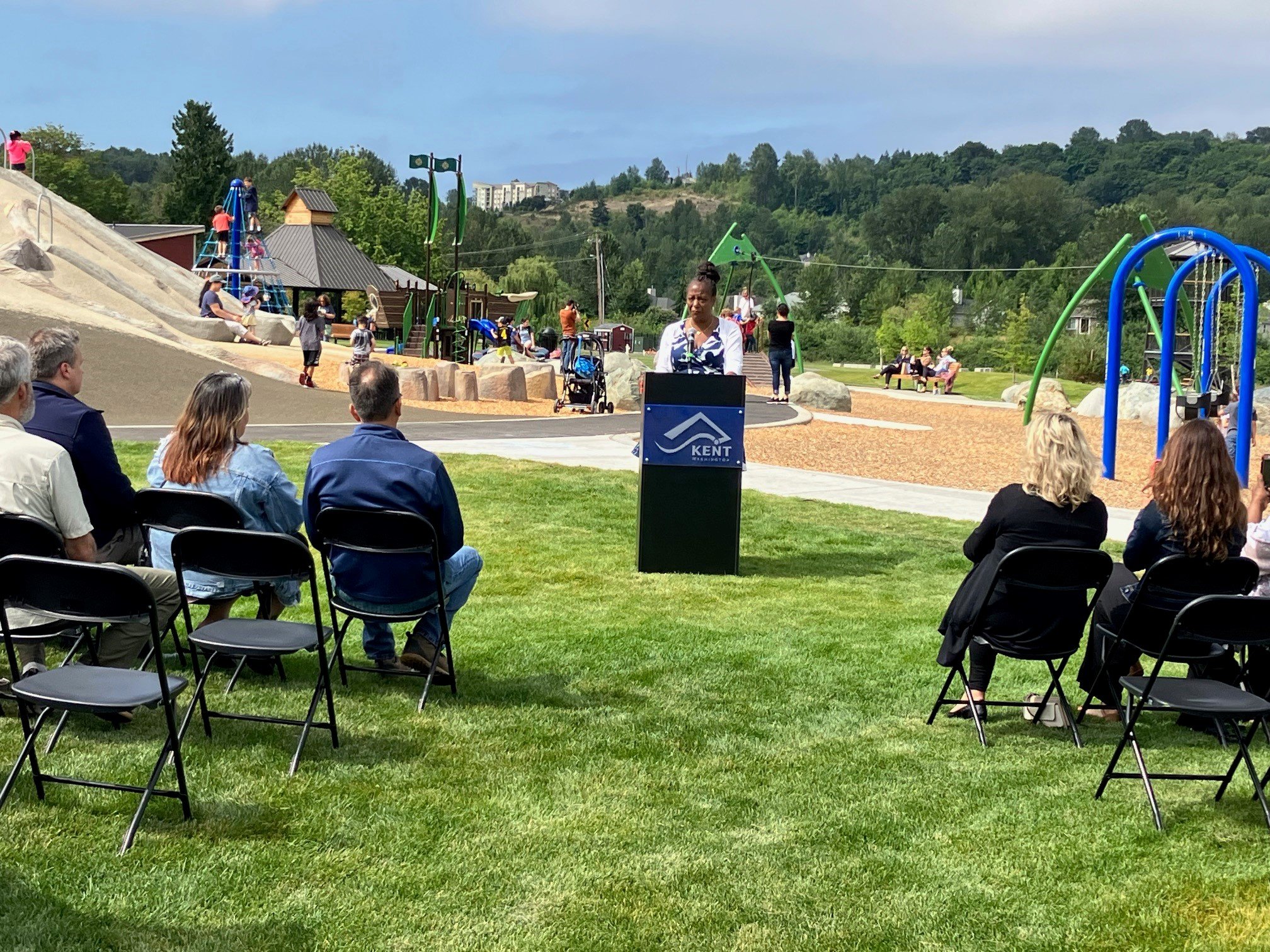
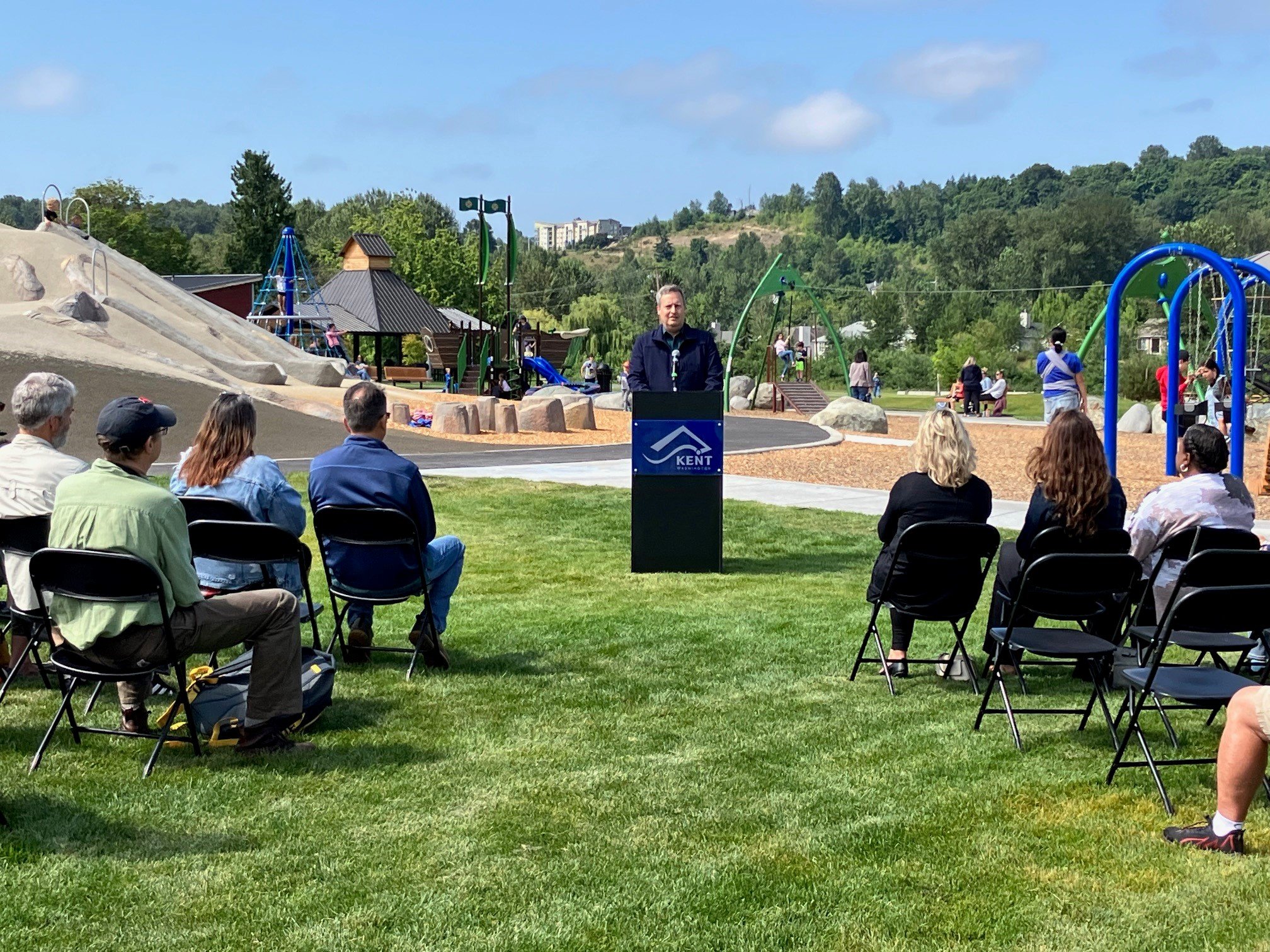
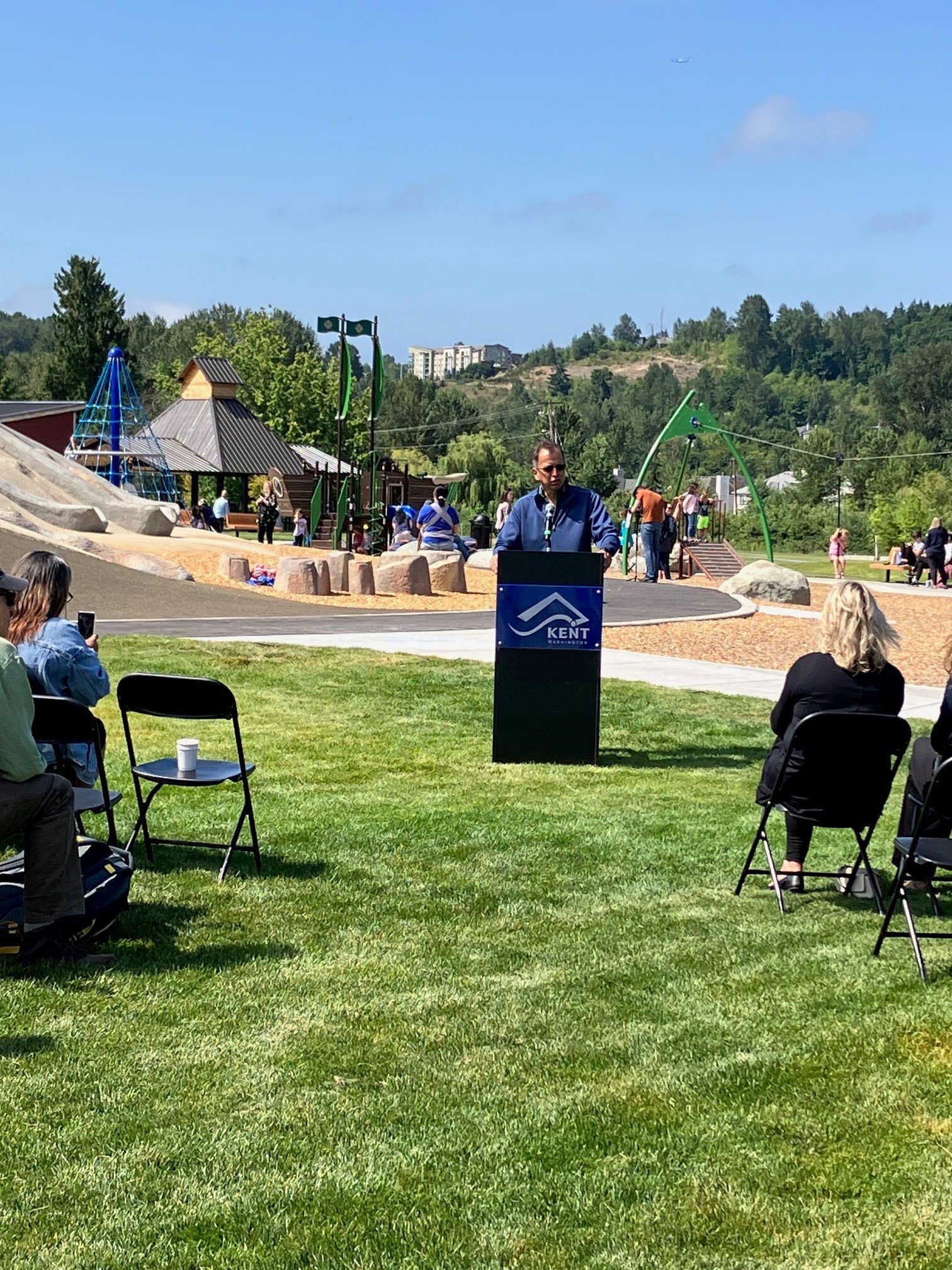
At $58M, the Lower Russell Levee Setback Project is one of the largest multi-benefit flood control/ecosystem restoration projects in Washington. It replaced an aging flood control system along an approximately 1.4-mile corridor of the Green River in Kent with a new levee and river revetment system. This new system meets current US Army Corps of Engineers standards, is FEMA certifiable, and strengthens flood protection for nearby homes and businesses. Fish and other river dwellers benefit from the increased water conveyance and shallow, slow water areas created by the new levee setback, engineered log jams, and off-channel embayment, while those on land can enjoy enhancements to the adjacent park, including new play structures, picnic shelters, and a wildlife lookout tower.
New observation tower on the bank of the Green River.
New Mt. Rainier play structure at Van Doren’s Landing Park.
Henry led Aspect’s geotechnical engineering, engineering geology, and hydrogeologic services as part of a multidisciplinary design team led by HDR. Our work spanned from reviewing existing site data and mapping in April 2014 through developing levee design alternatives to overseeing geotechnical aspects of construction in late 2022. During that time, our team:
Conducted two round of subsurface explorations to supplement existing site data and mapping
Collaborated with the design team to identify and address geotechnical project cost drivers, such as reuse of on-site soils and construction dewatering strategies
Developed geotechnical design and construction recommendations for the new setback levee and flood walls
Collaborated with Northwest Hydraulic Consultants to design log jams and other aquatic restoration features
Provided geotechnical design criteria to the Berger Partnership for new park facilities
Evaluated stormwater infiltration feasibility for the park via large-scale pilot infiltration tests
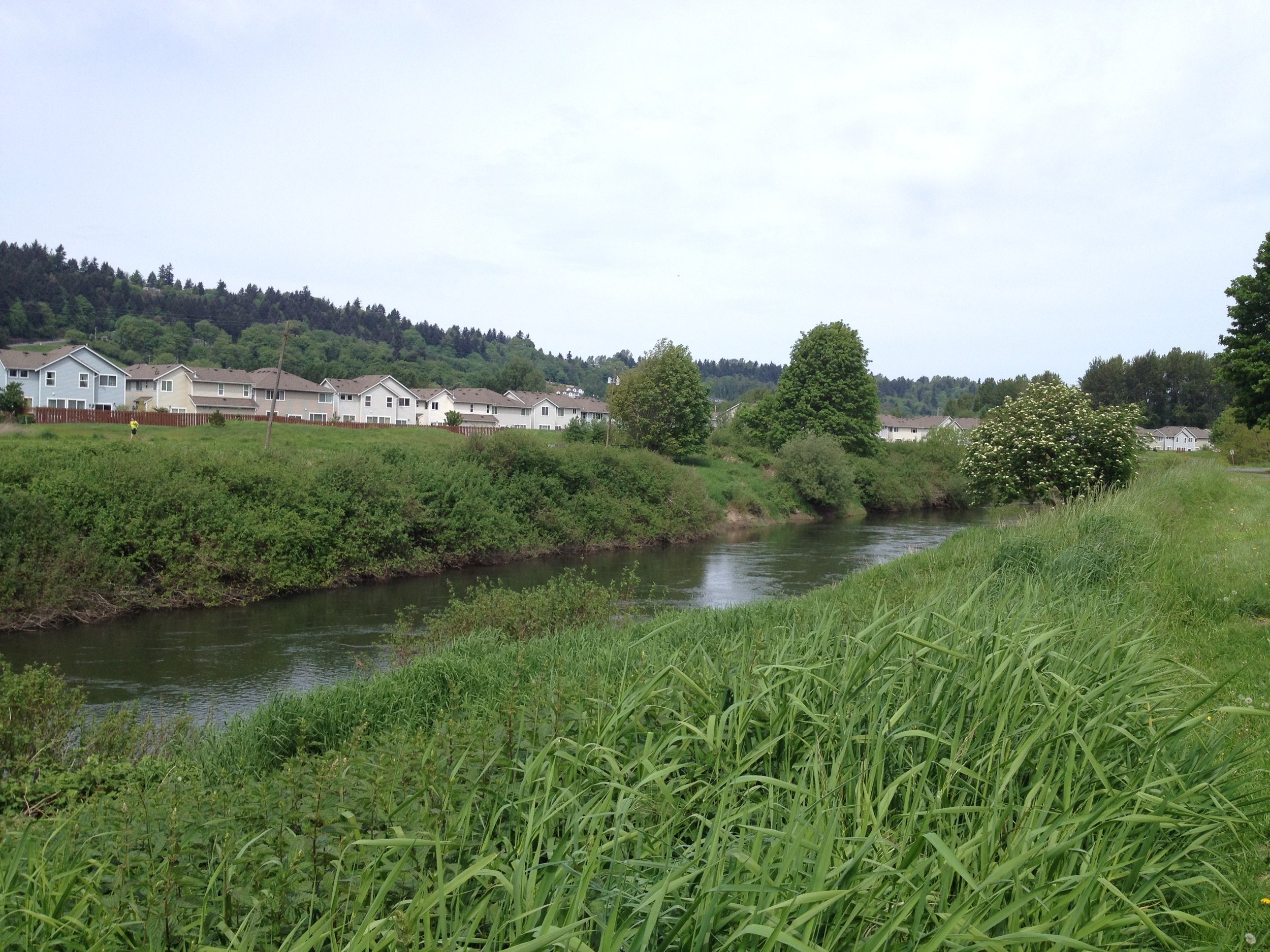
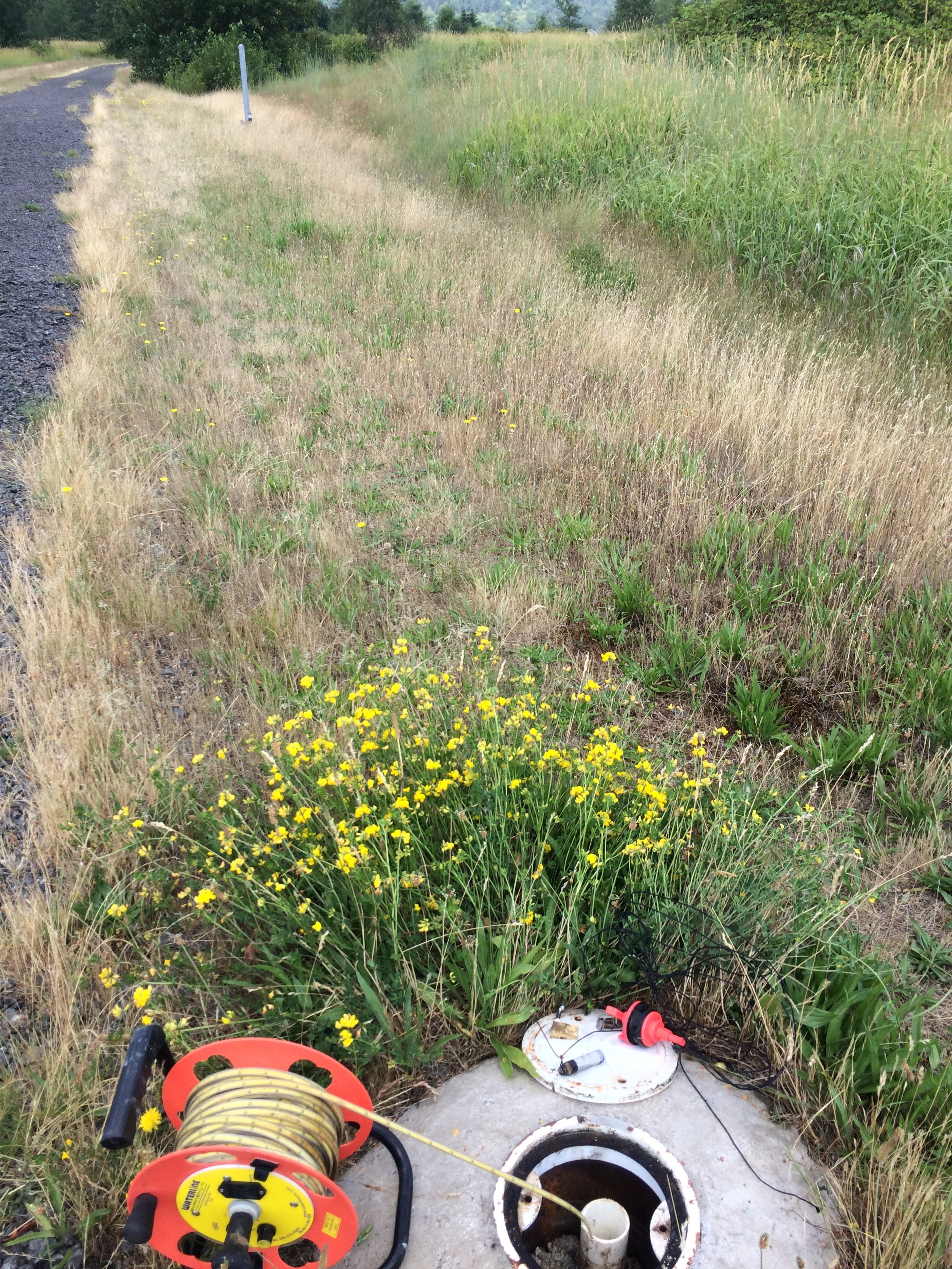
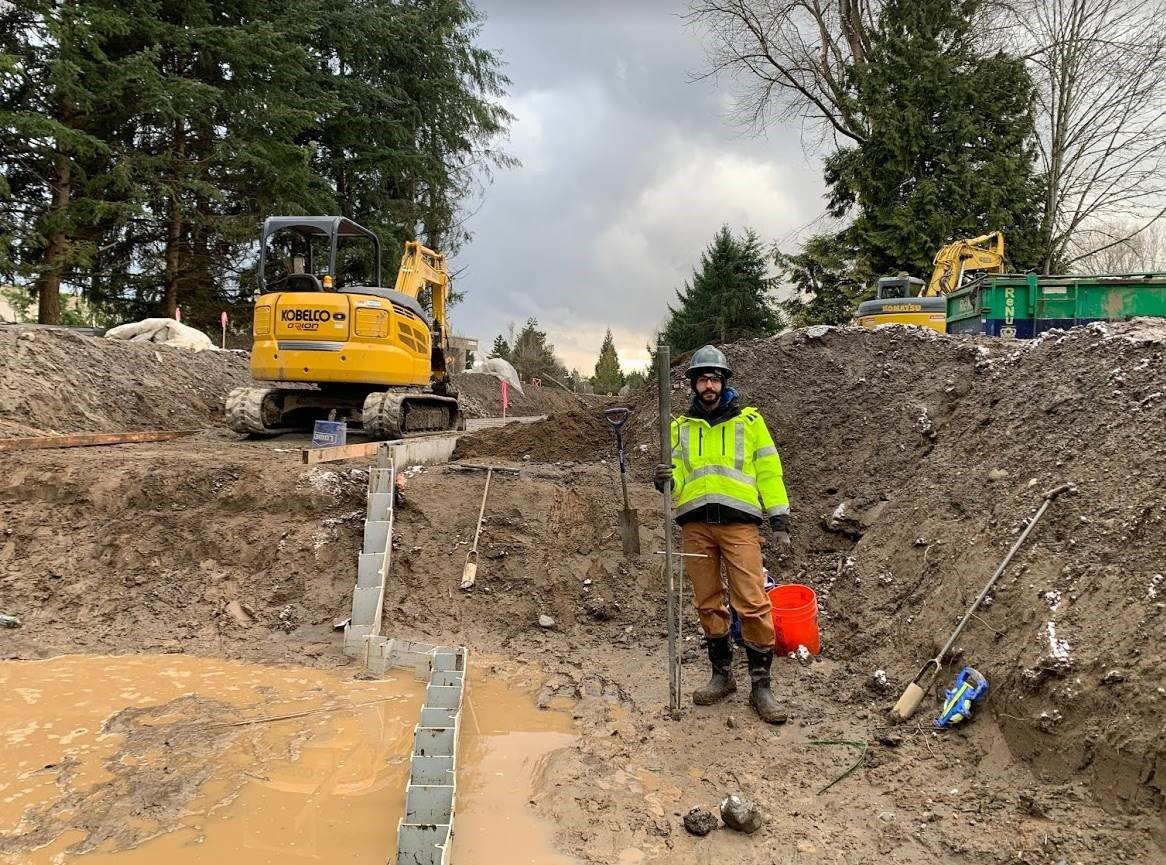
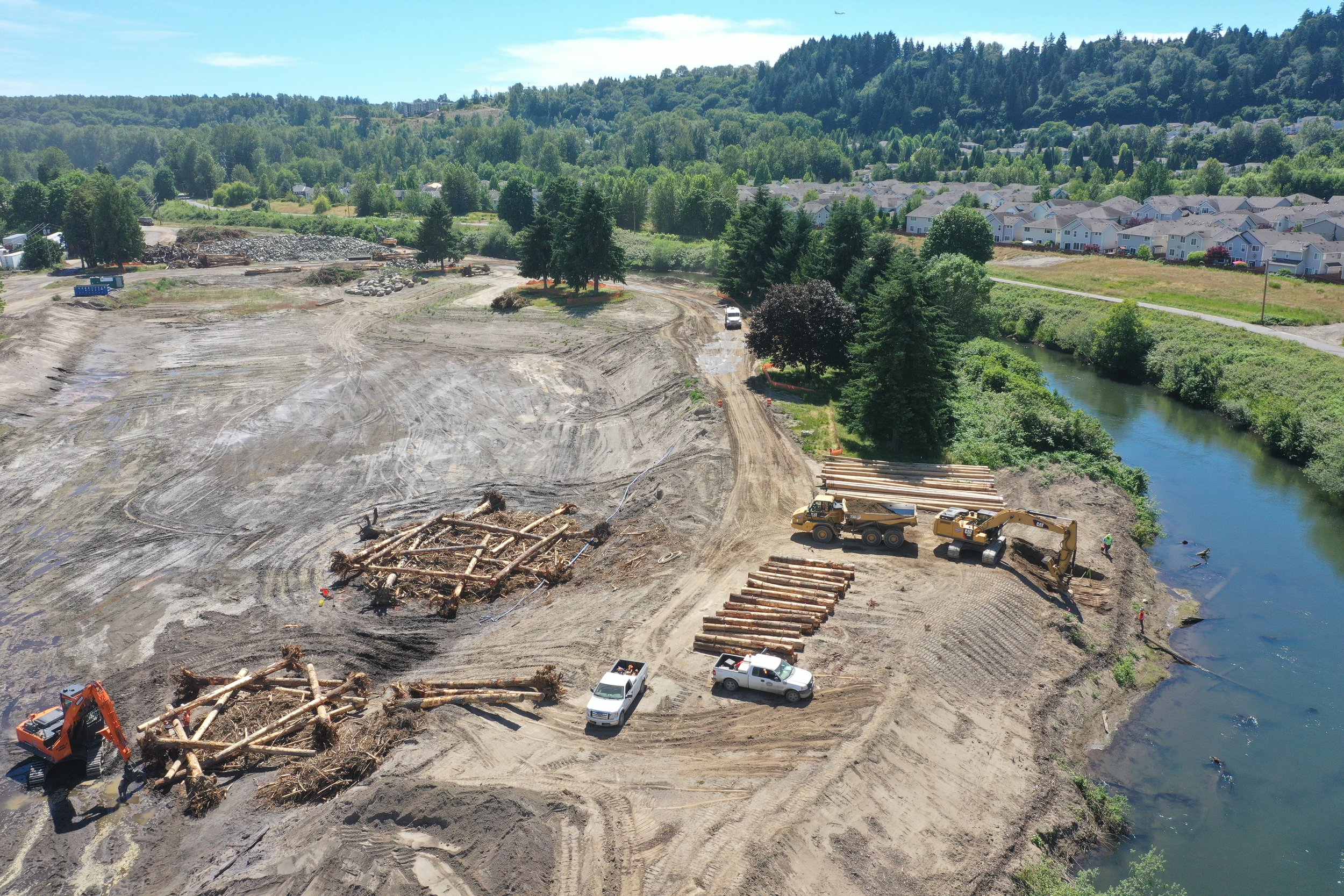
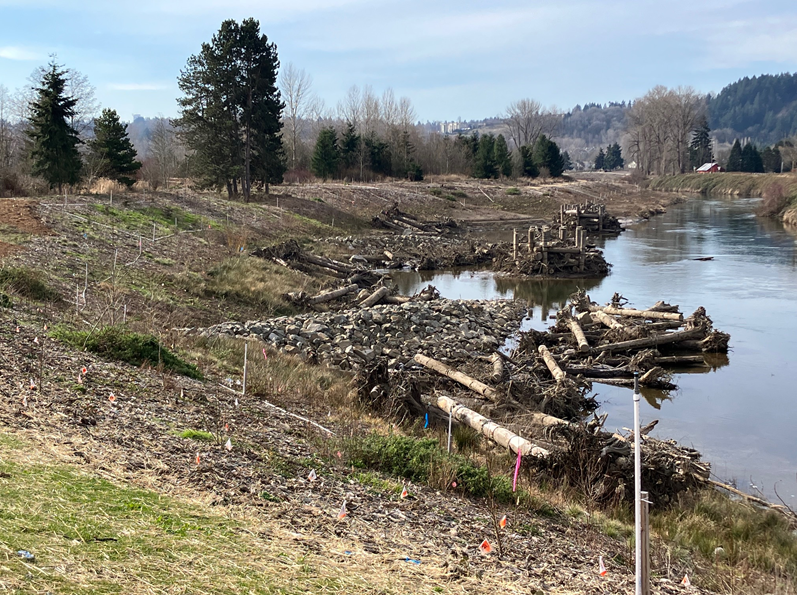
The project’s success is the result of years of close collaboration between King County’s Water and Land Resources Division, the City of Kent, the Muckleshoot Tribe, and the design team. Congratulations to all who contributed to this project with multiple benefits for the environment and community.



